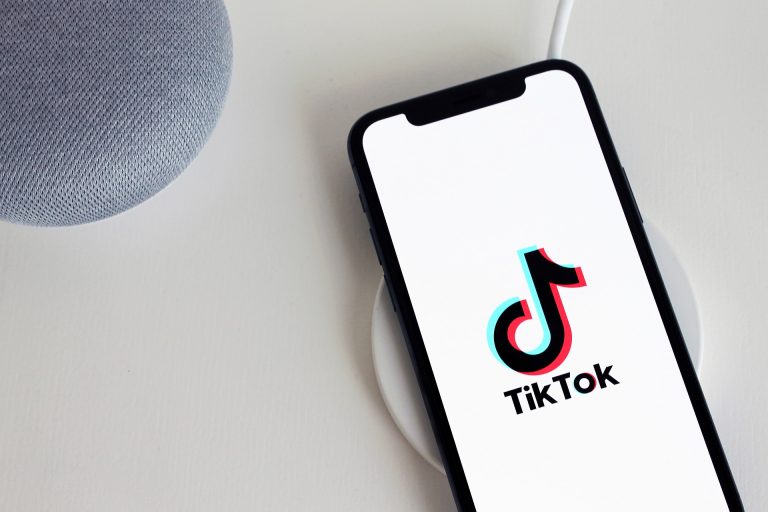A new study from researchers at the University of Queensland (UA) has found that teenagers who use TikTok are being exposed to videos that portray cannabis use as entertaining and funny rather than risky.
The research looked at 881 videos to determine how they were perceived by users. Lead author Brienna Rutherford from UQ’s National Centre for Youth Substance Use Research insisted that there is an “urgent need” to impose age restrictions on videos depicting substance use.
“Our research found 54 percent of videos had a positive sentiment and were viewed more than 417 million times… Only 24 of the 881 videos – or 2.7 percent – warned audiences of the dangers associated with high-frequency cannabis use… This is concerning, as we know this exposure can influence an adolescent’s attitudes and potentially lead to problematic cannabis use, posing the risk of mental health issues or neuropsychological decline,” Rutherford said in a statement.
Although TikTok has taken steps to ensure that young people are not exposed to risky behavior, such videos are still circulating among teens. Cannabis is one of the most used substances among young people internationally. TikTok has over one billion active monthly users globally. In the United States, 63 percent of people between the ages of 12 and 17 use TikTok daily while a third of users are below the age of 14, Rutherford stated.
Co-author Dr. Gary Chan said that 42 percent of the 881 videos involved the creators discussing their personal experiences using cannabis. Twenty-five percent promoted its use. There has been an increase in pro-cannabis groups online, with the vast majority of them depicting the usage of cannabis as entertaining, he added.
Success
You are now signed up for our newsletter
Success
Check your email to complete sign up
Recently, foods and beverages containing cannabis have become popular. Some kids accidentally ingest such items without realizing that they are consuming cannabis. A few American states have taken action to contain the problem. Colorado has mandated that cannabis edibles must contain a label with the term THC, the mind-altering chemical. Child-resistant packs must also be used for edibles.
Despite these measures, unintentional cannabis consumption by children is increasing. In 2016, there were only 187 cases of kids under the age of 12 unintentionally consuming cannabis edibles. In 2020, this number rose to 3,100.
“The children I’ve cared for and heard about at our hospital all recovered… But some had to be hospitalized for treatment and monitoring. And others were in the emergency department for hours, while their parents waited for them to improve enough so they could be safely discharged home,” Dr. Lois Lee told the NYT. Lee is an associate professor of pediatrics and emergency medicine at Harvard Medical School.
In England and Wales, 345 kids were admitted to a hospital in 2019 and 2020 for cannabis poisoning. It was just 130 in 2012 and 2013. From 2019 to 2020, roughly 868 youngsters were hospitalized after being diagnosed with mental issues following the consumption of cannabis. That’s more than double the 344 young people hospitalized ten years before. Dealers are selling cannabis-laced sweets to kids.
In an interview with the Mirror, a 12-year-old girl admitted to taking a cannabis edible, only to feel her head spinning. She couldn’t stop crying and was convinced that she was going to die.
“Her little heart was racing at a million miles an hour and she kept telling us she couldn’t breathe and had pains in her chest… She started vomiting and it was only when we got her to A&E that she started to come back to reality… These edibles are designed to appeal to children and must be a gateway drug for kids that would normally be scared to smoke a spliff or take a pill,” the kid’s mother stated.
















